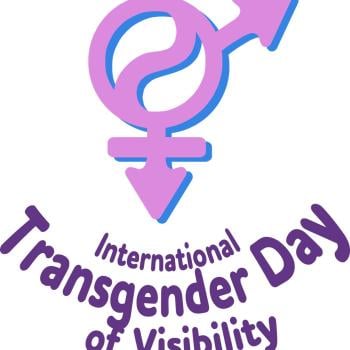But, the importance of that singular day is not the full extent of the festivities in that tradition, either. The Sacred Nights of Antinous begin on October 24th for us, with the festival of Osiris, followed on the 25th by the Panthea festival (in honor of all the goddesses, Divae, and Sanctae of the Ekklesía Antínoou), then on the 26th by the Ophidia (in honor of the Serpent Path). The 27th is a festival known as the Ananke Antínoou, "unavoidable necessity," the date on which—whatever exaltations and revelations may have occurred before then with Antinous' final days (and years) of life, with his initiations into various mysteries (including those of Eleusis in Greece)—he returned to the activities of daily life, enjoying them simply for what they were.
On the following day, October 28th, we observe Antinous' death solemnly and silently. On the 29th, he begins his work in the Underworld; and on the 30th, he is officially recognized as a god, going on to further triumphs on the 31st and 1st. In a way, this nine-day festival recapitulates most of the larger themes and focuses of the entire Ekklesía Antínoou: syncretism (with the Osiris festival), honoring of goddesses, recognition of mysticism and "unknowing" (with the Ophidia), the sanctification of daily life, mourning for the deaths of many people, from Antinous himself to modern queer youth suicides and victims of homophobic violence, and ultimately the possibility of apotheosis that is available to everyone, as well as liberation in our current lives, through spiritual practice. These are Sacred Nights, indeed . . .
My syncretistic side wants to conclude: why not simply combine the two observances into one? The two main holy days of Samain and Foundation Day share many connections with one another: beginnings (of the sacred year, or of cultic practice), and a focus on ancestors and the honored dead, and heroes and their famous feats, in addition to the gods themselves. There are small pieces of evidence for the presence of the Antinous' cultus in Roman Britain, and he was certainly syncretized to the Gaulish god Belenus in an inscription from Hadrian's Villa. So, Antinoan-Celtic syncretism doesn't seem to be out of the spirit of the general syncretism observed in the remainder of his cultus. As I have written before, we don't always get to kill two birds with one stone when it comes to the gods and polytheism, and I shouldn't expect this to be the case here either. And yet, I get the feeling that it isn't the gods who would have a problem with such an arrangement, so much as some of the human communities with whom I deal.
It's a small matter, to be certain, and one that will not cause me too much difficulty when it comes to the actual occasion of observing these holy rituals. But, for those of us who follow multiple practices, this is a difficulty that I'm sure arises regularly for people. I have no snappy answers nor prescriptive suggestions on how to handle such situations, I am only drawing attention to the fact that it is an issue to be dealt with.
While I fully intend to observe all of the Sacred Nights with as much enthusiasm, and with as great an amount of community and co-religionist involvement as can be managed by those participating, I am also fully aware that a singular fili (poet), at the twilight of the year, will be able to withstand the worst that the dark night can throw at a person until the coming dawn of the month of Samhain itself. For those who take their spiritual practices seriously, though we may be by ourselves on a given occasion, we are never alone; the gods, ancestors, spirits, and other divine beings are always with us, if we are attentive enough to cultivate their presence and notice their blessings in our lives.





